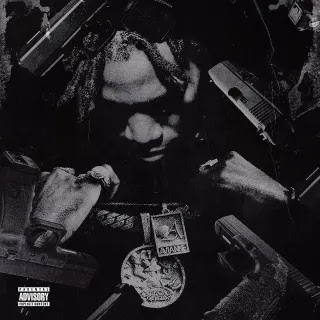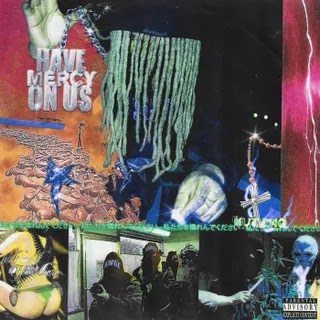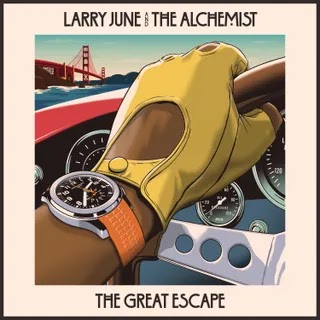The Oakland rapper’s quarantine album is meant to portray a radically different artist. More often, he just finds new ways to telegraph the same stories he’s told all along.
G-Eazy named his last album after an F. Scott Fitzgerald novel, to suggest he’s tortured and well-read; he used one of its songs to rap about flushing condoms down the toilet, to suggest that his sexual partners plot to steal his semen. Throughout his decade-long career, the Oakland artist has sought to differentiate himself among white frat rappers by clinging to a self-serious, hamfisted darkness. He brags about parties, then wheezes that they’re killing him. He wallows in the gilded hallmarks of celebrity, usually finding a way to also complain about his exes. It’s a boring schtick.
In quarantine, G-Eazy has had “the fortunate opportunity to self-reflect, grow and evolve,” as he wrote on Instagram. He’s covered David Bowie, Bob Dylan, and the xx; he’s been learning piano over FaceTime. On his new album, Everything’s Strange Here, we’re meant to hear a radically different Gerald Earl Gillum, one who’s mostly abandoned rap in favor of singing. More often, though, he just finds new ways to telegraph the same stories he’s told all along.
Everything’s Strange Here oozes melodrama to the point of parody. It opens with a cover of a Beck song used in Eternal Sunshine of the Spotless Mind, and progresses to crawling ballads about coke baggies with “trouble packed inside.” “Life is suffering, oh yes, I know,” G-Eazy wails on “Every Night of the Year,” a five-minute exercise in clumsy writing (“About me/They’ll reminisce”) and gnarled, synth-bathed guitar. “My mind is in a fight against the time that I have left,” he rasps on “Nostalgia Cycle.” G-Eazy isn’t a terrible singer, though the effects-heavy production seems to purposefully obscure his voice. And even though these are still soggy odes to crushed pills and the dangers of anonymous sex, they’re exponentially more interesting than his usual material.
Out of this mush of hotboxed platitudes and theatrical existentialism emerges one of the best songs G-Eazy’s ever made. “Free Porn Cheap Drugs” isn’t profound or even particularly pleasant—his voice is a nasally scratch—but it condenses all the faux noir and dilute sadness into one stark, impactful statement. “Desensitize and just let go,” he sings. “No bright screens, no place to go.” It sounds like acceptance, a rare plea for emotional connection that doesn’t arrive tucked between brags. This is the G-Eazy who could be a genuinely intriguing artist: contemplative and remorseful, but not morose.
Unfortunately, maybe inevitably, the album swings back into claustrophobic pettiness. After nine tracks without any rapping, the final song begins with a classic G-Eazy grunt, followed by the announcement, “Talking about my crazy-ass ex.” It descends into a twitchy, bitter rant about a “selfish” ex-girlfriend, but the character is so common in G-Eazy’s music that the specifics are almost irrelevant. Even in this new, softer soundscape, he paints women as spiteful and conniving. “You turned me into a monster,” he moans on “Back to What You Knew.” “You keep acting like you’re perfect, but the smile that you wear is too fake,” he complains on “In the Middle.” Words like these pierce the album’s gloss, breaking the illusion that, at age 31, G-Eazy has shifted and grown. Everything’s Strange Here winds up sounding like another caricature of the women he can’t stop condemning: shiny and novel at first, but ultimately corrosive.
View the original article here
















0 comments:
Post a Comment